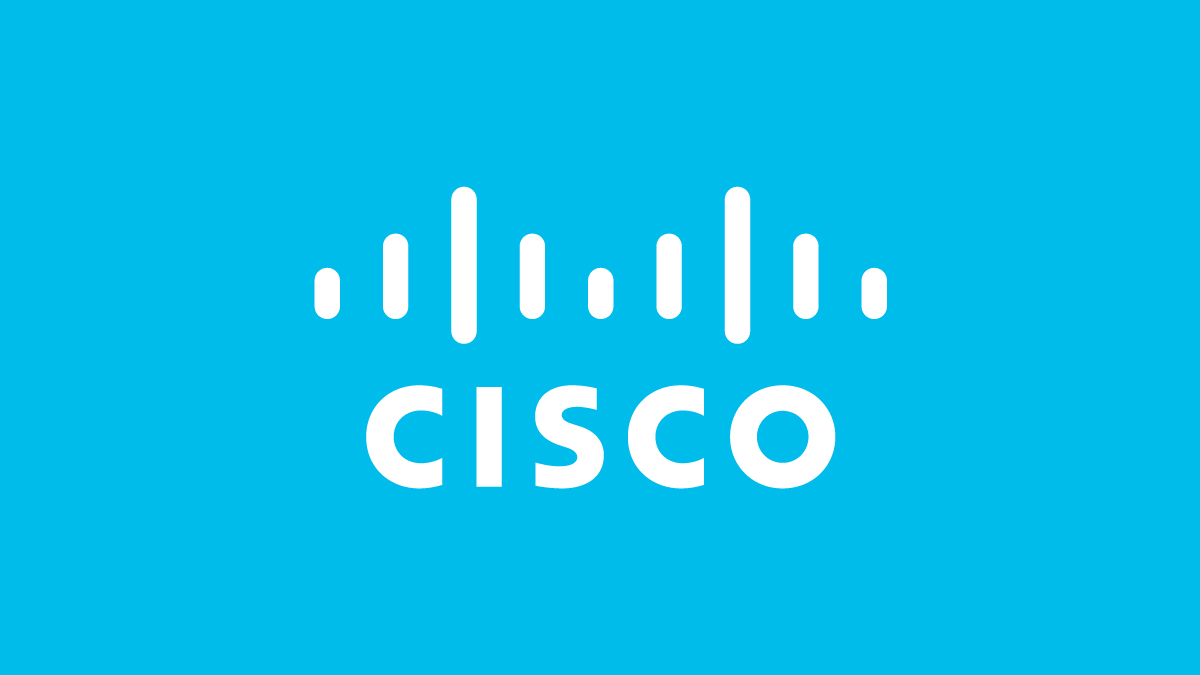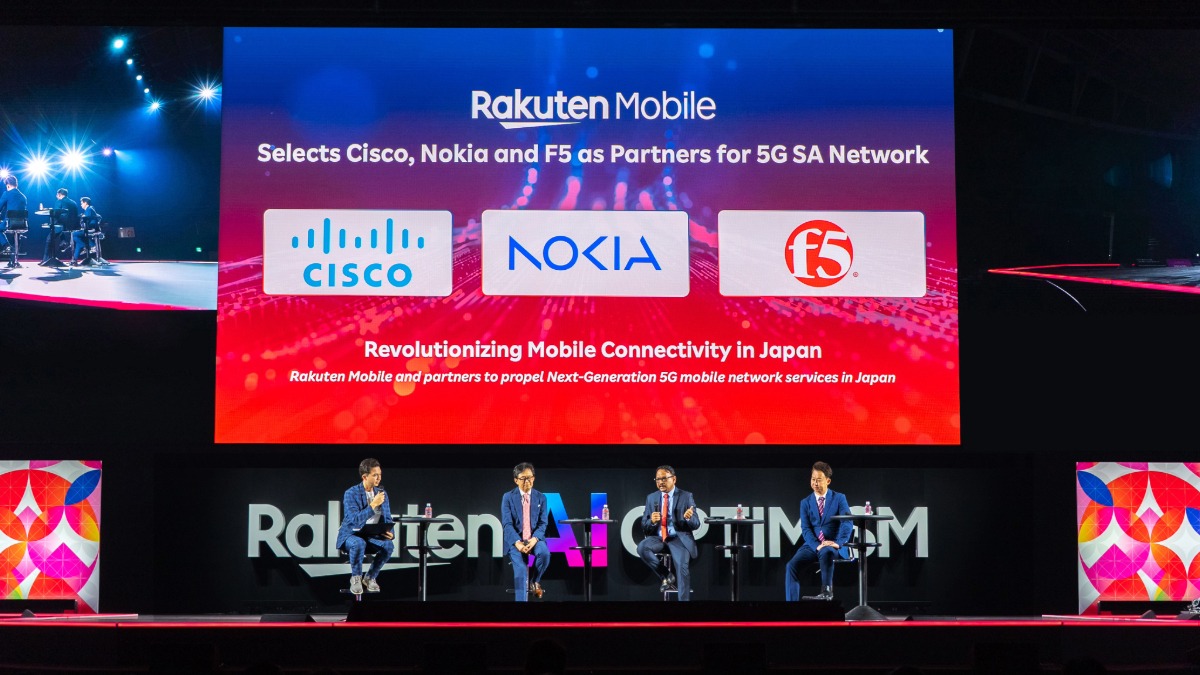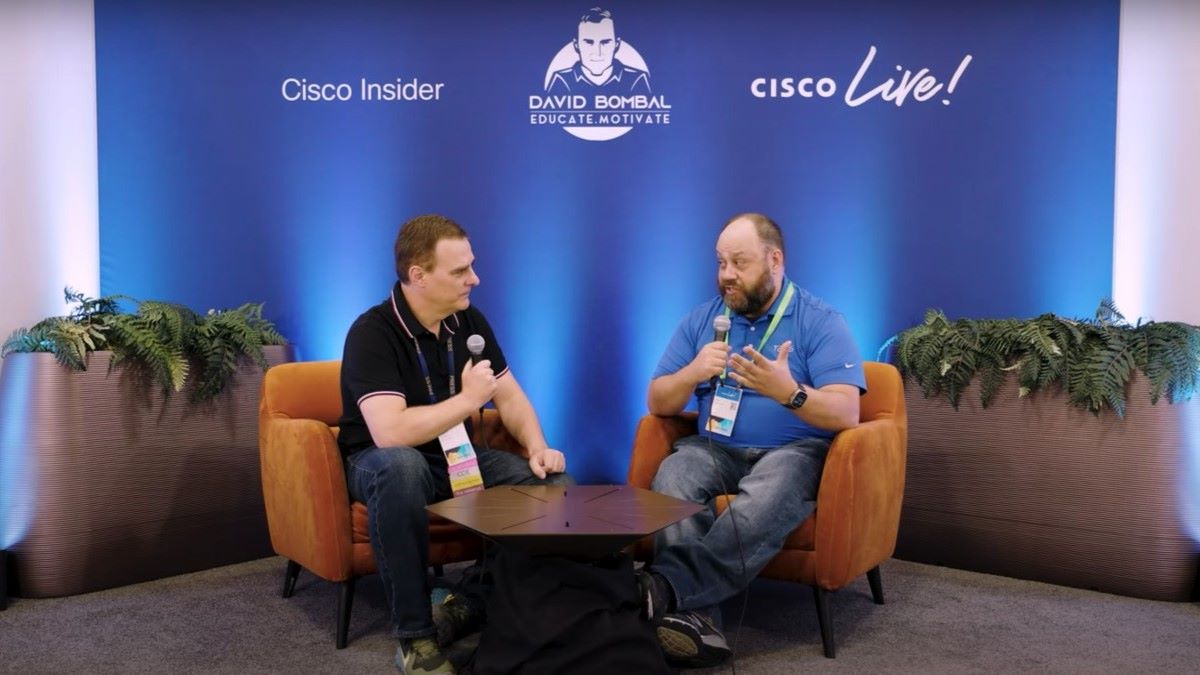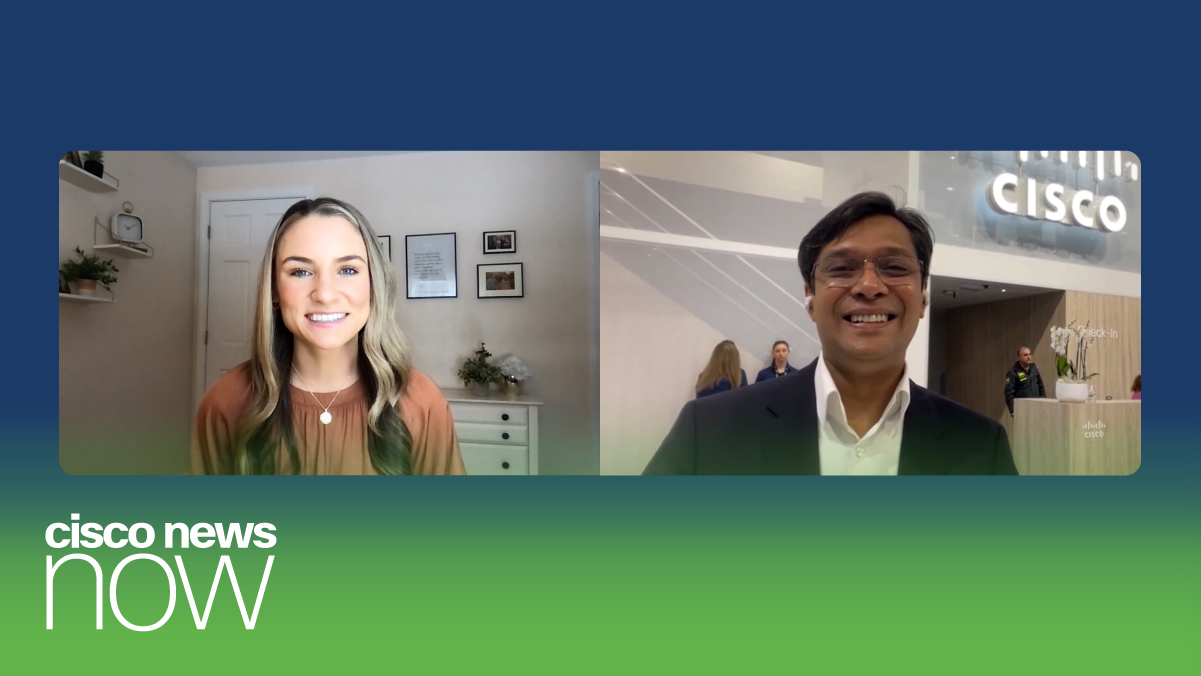RIO DE JANEIRO, Brazil, July 27, 2009 – Cisco announced today that its Outdoor Wireless Mesh technology is helping to connect residents of the city of Rio de Janeiro. The "Orla Digital" project (Digital Coastline) was developed by COPPE (Coordination of Engineering Programs and Post-Graduation), an initiative of the Federal University of Rio de Janeiro and the government of the state of Rio de Janeiro. The group has selected Cisco® technology for its wireless network infrastructure to deliver connectivity to the beaches of Ipanema and Leblon.
The announcement for connectivity was made following the opening ceremony with Rio de Janeiro Gov. Sergio Cabral, Rio de Janeiro Mayor Eduardo Paes, and the Secretary of Science and Technology of Rio Alexandre Cardoso, among other local authorities.
Key Facts/Highlights:
- The Orla Digital project began in 2008, when the state of Rio de Janeiro started using Wi-Fi on the coastline of Copacabana Beach.
- In 2009, a decision to expand the project to a larger area was made, and Cisco was chosen to implement the wireless technology at Ipanema and Leblon beaches.
- The new project represents one of the largest areas of free Wi-Fi broadband access in Latin America, covering 8.5 kilometers (5.3 miles) with 44 outdoor wireless access points, allowing more than 2,000 simultaneous connections throughout the entire Orla Digital project deployment.
- Twenty Cisco Wireless Mesh Networking radios were installed within 6 kilometers (3.7 miles) of coastline.
- The Orla Digital system operates at the nominal capacity of 25 megabits per second, which is capable of servicing the 2.15 million people that live, work and travel through the coastline from Copacabana to Leblon.
- The Cisco Unified Wireless Network solution also provides Radio Resource Management tools. This feature automatically changes the radio frequency channel when it becomes saturated to balance the demand for wireless access.
- In this phase of the project, the wireless infrastructure network goes beyond the broadband provision. It was designed as a platform to add services such as tracking the physical location of users connected to the Orla Digital network or deploying Internet Protocol (IP) video surveillance cameras for public safety and security.
- The Cisco Business Partner involved in this project is Verto Technologies, a Cisco Premier Certified Partner, based in Rio de Janeiro.
Quotes:
- Amos Maidantchik, Public Sector manager, Cisco Brazil
- Science and Technology Secretary, State of Rio de Janeiro, Alexandre Cardoso
- Luis Felipe de Moraes, project coordinator, COPPE
"It is an honor to have Cisco as adviser and participant in this important project. The state of Rio de Janeiro clearly grasps the importance of information and communications technology as an important pillar developing the infrastructure needed to connect large cities using the network as the platform."
"The experience of providing Internet connectivity in the city is extremely interesting, and it reaches all different social classes. We believe Rio de Janeiro is now becoming one of the most digital cities in the world."
"One of the competitive differentiators of the equipment deployed in Ipanema is Cisco's frequency-tracking feature, which will allow network administrators to balance the demand for access. The system is designed to maximize data traffic and coverage, delivering all necessary connectivity to people when they want it, and where they want it."
Links / URLs:
Technorati Tags:
Cisco, Wireless Mesh, Wi-Fi, Broadband







